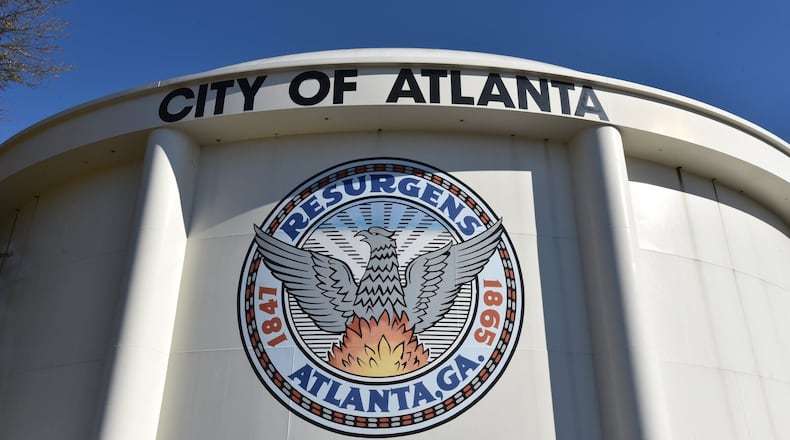For nearly a year, Sandy Springs has tried to get Atlanta to explain the water rates it charges its north Fulton neighbors and to provide documentation that justifies the cost.
Again and again, Sandy Springs city attorney Dan Lee wrote letters, sent open records requests and pleaded for details outlining the basis for water rates that Sandy Springs contends are too high.
Leaders are tired of waiting for Atlanta to cooperate, though, and last week filed a complaint in Fulton County Superior Court accusing the city of ignoring open records rules. They also have asked for a mediator to help settle the dispute.
“No customer would put up with being overcharged,” Lee said. “Whether we have to use the courts or not, we have to fix this problem.”
Sandy Springs Mayor Rusty Paul estimates residents may have been overcharged half a billion dollars since his city was formed in 2005.
“Water is not supposed to be a profit center,” Paul said.
VIDEO: Previous coverage of Atlanta’s water system
Atlanta provides the city water because it had a contract with unincorporated Fulton County before Sandy Springs was formed. Sandy Springs contends that agreement hasn’t been updated during the course of its existence.
In the filing, Lee said Atlanta “has stalled, delayed and obstructed Sandy Springs’ right to access public records.” He asks for a court order compelling the city to produce records that are responsive to Sandy Springs’ request. In October, Atlanta settled a dispute with The Atlanta Journal-Constitution and Channel 2 Action News regarding its handling of the two organizations’ open records requests. The media organizations had accused the city of “systemic violations,” and the city pledged to draft a policy regarding how such requests are handled.
Sandy Springs officials are looking for proof that Atlanta is charging excessive water fees to their residents, in violation of the Service Delivery Strategy Act.
“They have been making a profit off the sale of water to Sandy Springs,” Lee said. “We want that to end.”
Michael Smith, a spokesperson for the city of Atlanta, said the city had not received the filing as of Wednesday afternoon. Nevertheless, he denied Sandy Springs’ allegations, saying Atlanta had not violated the Open Records Act “or any other aspect of the law, for that matter.”
Credit: Jim Galloway
Credit: Jim Galloway
Sandy Springs has floated the idea of purchasing the water system from Atlanta as a way to have more control over both price and service. In the statement, Smith said Sandy Springs’ complaints are “an attempt to use the judicial system to strong arm the City of Atlanta into acquiescing to Sandy Springs’ unreasonable demand that Atlanta relinquish ownership of its water system.”
Last month, Smith issued a statement that said Sandy Springs’ assertions “demonstrate a lack of expertise in water utility finance, a lack of understanding of the material they have requested and are an obvious attempt to continue a false narrative.”
Atlanta officials also said that, in some cases, the cyber attack earlier this year caused delays in returning documents, according to Lee and court papers.
Even those documents Sandy Springs has received raise questions, Lee said. He said Atlanta is required to do a rate study every two years, but the last one Atlanta provided was from 2003, and it used numbers from 1999. Gerald Hartman, a consultant hired by Sandy Springs, said that study is old and out of date.
Atlanta has also failed to make improvements to the Sandy Springs water system, Lee contends, and there have been a number of leaks that have sometimes taken months to repair. Because of that, he said, fire hydrants are sometimes dry, leading to a public safety issue.
Smith dismisses that argument, saying, “A narrative of poor service on hydrant leaks and water main breaks is being peddled as a basis for purchasing the water system the City of Atlanta owns outright.” He added that Atlanta prioritizes fixing dry hydrants, but said the city is not responsible for private hydrants, and many of those Sandy Springs complained about were private.
Lee said he tried to work amicably with the city, but with no response, had to pursue court action. He said Atlanta cannot gouge people they sell water to, and while there can be surcharges for Sandy Springs residents, they can’t be arbitrary.
“It’s that simple,” he said. “It’s as fundamental a part of operating a water system as hot water is on the left, cold water is on the right. Everybody knows this.”
About the Author
Keep Reading
The Latest
Featured



